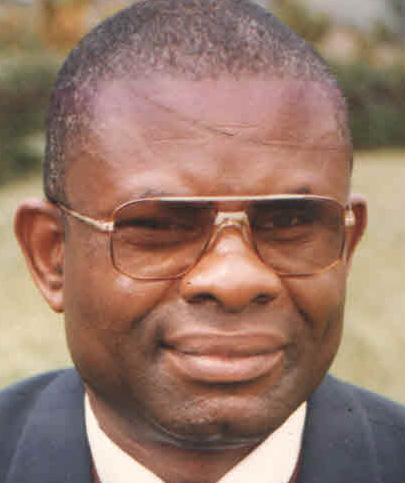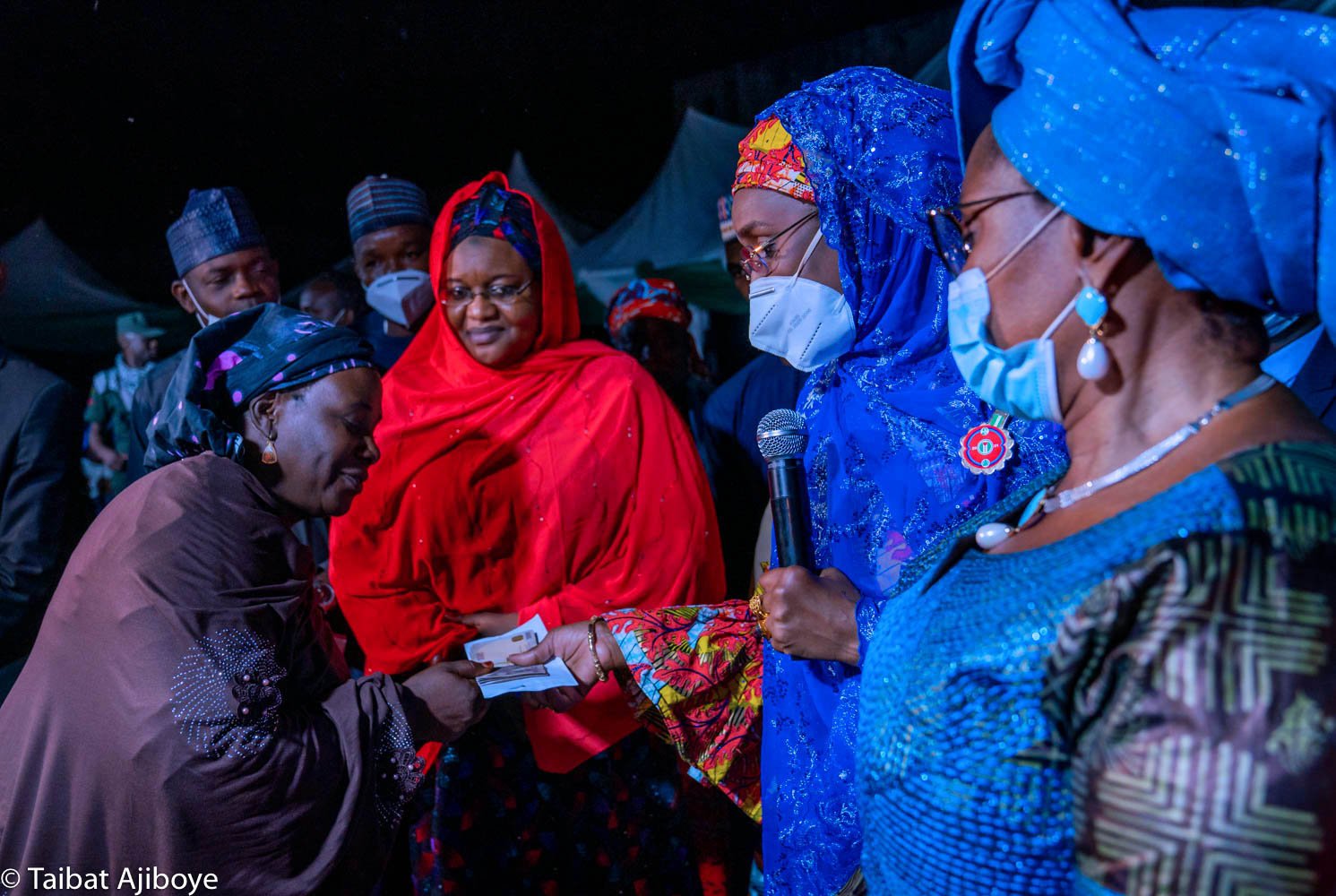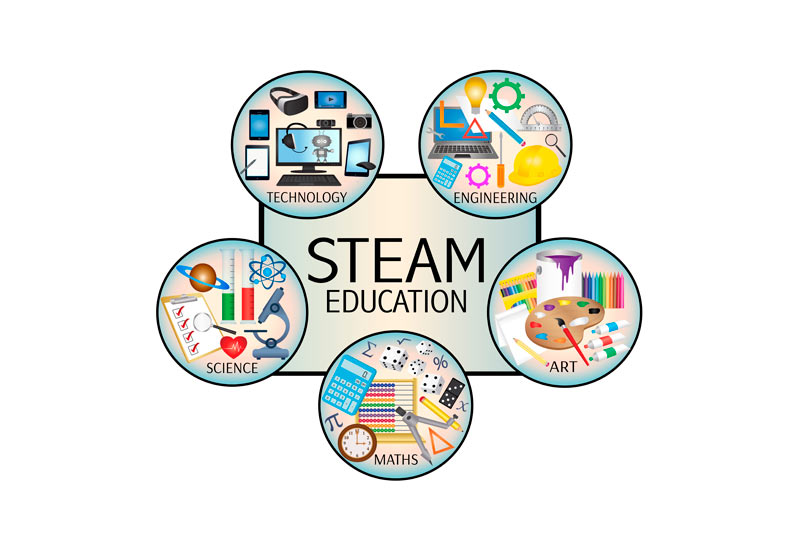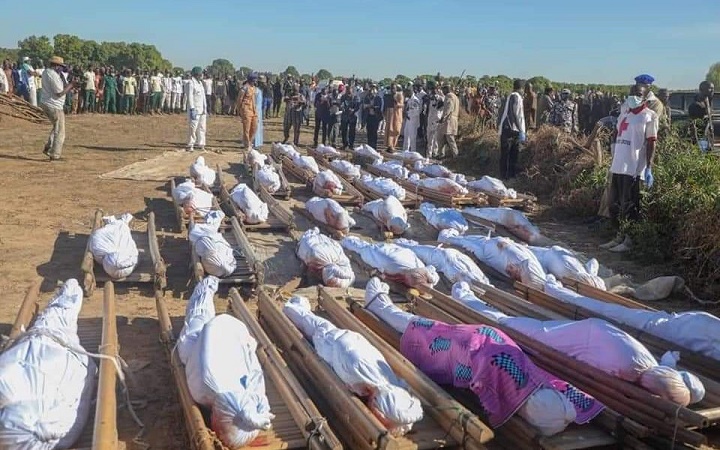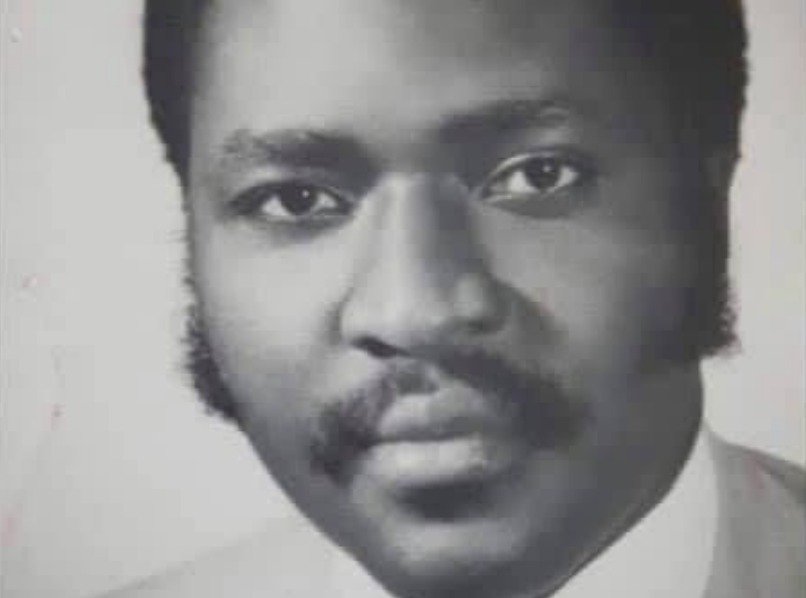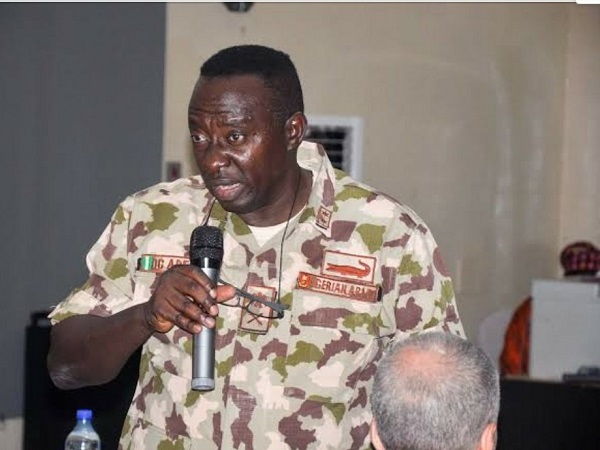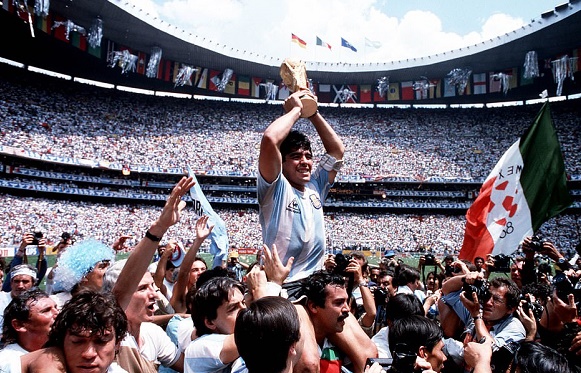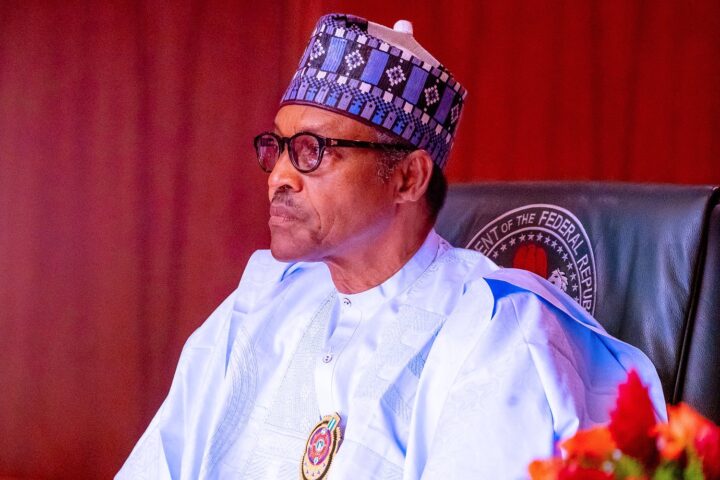A one-off grant of N20,000 is currently being collected by rural dwellers across Nigeria. The bad news is for rural men: they are excluded from the largesse. To qualify you must not only be a rural dweller but a woman also. In addition you must be poor and lucky.
Under the “special cash grant for rural women programme”, 150, 000 women across the 36 states of the federation and the Federal Capital Territory are targeted. As many beneficiaries have testified, this grant could be life-saving indeed. When you realize the level of poverty in the country today, you imagine the joy a rural woman gets on being handed N20,000 in cash. Dash a rural poor person as little as N500 and look them in the eye!
When the Muhammadu Buhari government last year created the Federal Ministry of Humanitarian Affairs, Disaster Management and Social Development, many saw the ministry as one in which every Nigerian would have a stake. It has been. And the latest addition to the ministry’s bag of programmes is most commendable.
The pioneer minister, Hajiya Sadiya Umar Farouq, launched the one-off payment of special grant for rural women in Plateau to mark the International Day of Rural Women in October this year. Since then, the disbursement train has moved on to Zamfara, Bauchi, Ebonyi, Ondo and Imo. The trip continues until every state and every LGA of Nigeria is touched.
Advertisement
N20,000 is not a large sum, but it can help a poor rural woman to get out of the poverty hole. It can enable her to buy and rear a male goat and a female goat, which could procreate as many as six goats per year. A rural woman could establish a not-so-petty business: buying and selling food items or agricultural produce in an open market, setting up a chicken farm, or buying water from tankers and selling to fellow villagers during the dry season. If she’s already skilled in hair-plaiting or dressing, she could set up shop with N20,000 in a rural or semi-urban area. And don’t forget that anyone who has thus been established in a petty business can easily afford medicines for treating common ailments like malaria, eat more nutritious meals and drink cleaner water.
As Minister Farouq indicated in Jos, at the flag-off of the cash grant programme, the Buhari administration’s attention to the plight of the poor and vulnerable in the country inspired the National Social Investment Programme (NSIP). “The Grant for Rural Women Programme was introduced to sustain the social inclusion agenda of the Buhari Administration, including the realization of the national aspiration of lifting 100 million Nigerians out of poverty in 10 years. It is designed to provide a one-off grant to some of the poorest and most vulnerable women in rural Nigeria,” she stated. “The grant is expected to increase access to financial capital required for economic activities. It is our hope that the beneficiaries of this programme will make good use of the opportunity to increase their income, enhance their food security, and generally contribute towards improving their living standard.”
Forerunners or complements of the N20,000 grant include the Conditional Cash Transfer (CCT), the Home-Grown School Feeding Programme, Tradermoni, Marketmoni, Farmermoni and others captured under the NSIP. N-Power is also a part of the NSIP, but Covid-19 palliatives are not. The National Commission for Persons with Disabilities has since been set up — December 3 of every year is the International Day of PWDs.
Advertisement
Apart from the NSIP, the humanitarian affairs ministry supervises the National Emergency Management Agency, National Commission for Refugees and Migrants, National Agency for Trafficking in Persons, North-East Development Commission, and the Sustainable Development Goals.
Among the rural folk, Farouq is better known as “that minister who shares money”. Indeed, she shares money because it is part of her ministry’s mandate, which includes “developing humanitarian policies and providing effective coordination of national and international humanitarian interventions; ensuring strategic disaster mitigation, preparedness and response; and managing the formulation and implementation of fair, focused social inclusion and protection programmes in Nigeria.” In reality, however, state governments “share money” because the ministry works through them.
When the train stopped in Zamfara, 2,800 rural women got the N20,000 – each of 200 women from each of the 14 local government areas in the state. One of the recipients of the N20,000 grant, 80-year-old Malama A’isha, expressed her gratitude to President Buhari for “remembering us at difficult times like these”.
In Bauchi, the encomiums continued. Chief of staff to the governor Dr Ladan Salihu described the programme to be enjoyed by more than 4,000 women in 20 LGAs of Bauchi State as “life-saving and life-touching”. Salihu testified that the distribution pattern was foolproof and expressed satisfaction with the programme’s mode of operations. “I participated in the distribution, and I can tell you that, from what I have seen, I am convinced beyond any iota of doubt that the objectives of this programme are being carefully, meticulously and creditably articulated and executed,” he said.
Advertisement
Governor Dave Umahi of Ebonyi State had knocks for rural men while expressing joy that the programme had reached his state. His deputy spoke for him: “Women are very hard working. If men were the ones who got this money, they would have taken wives the next morning. Women don’t dictate to their husbands but they determine that food is in the house. For this gesture, we are appreciative and we will continue to ask for more.” He said more in the state where over 200 women from each of 13 LGAs were expected to benefit from the cash grant for rural women: “No government has ever done this for the people of Ebonyi. I thank President Muhammadu Buhari and the minister, Sadiya Umar Farouq, for churning out these development policies.”
Earlier, the minister had a word for the women who had gathered in Abakaliki, the state capital. She advised them to make judicious use of the one-off N20,000 cash grant by starting petty businesses or adding the seed money to already established small businesses. “We expect the Ebonyi state government to assist these women with advice, support and expertise, and follow up on them in order to guide them with the business they decide to embark upon.”
The rural women of Ondo State are the latest beneficiaries of the scheme. Only last week, Governor Rotimi Akeredolu welcomed the minister and her team to Akure for the launch. He said: “The Ondo State government is highly delighted for the initiative of empowering rural women as a social-inclusion and poverty-reduction agendum. This initiative is in consonance with Ondo State government’s aspiration to lift a sizeable proportion of women out of poverty. It is in realization of this that the government always keys into Social Investment Programmes in ensuring the provision of a reasonable means of livelihood for the poor and vulnerable, especially women.”
As in Ebonyi, the programme targets 200 women from each of Ondo’s 13 LGAs. To Governor Akeredolu the minister said: “It is my belief that with the support of Your Excellency, the target beneficiaries will be on their way out of poverty to prosperity, and we can lift 100 million Nigerians out of poverty by 2030 as envisioned by President Muhammadu Buhari.”
Advertisement
Farouq and her ministry’s Vision 2030 for 100million poor Nigerians may be realizable, other things being equal. The worsening state of the nation’s economy, growing youth unemployment and increasing poverty in the land do not offer cause for optimism. But who dares wins. She has not yet been overwhelmed by the challenges of a vision that requires enormous resources.
Utip, a public affairs commentator, writes from Eket
Advertisement
Views expressed by contributors are strictly personal and not of TheCable.
Add a comment
